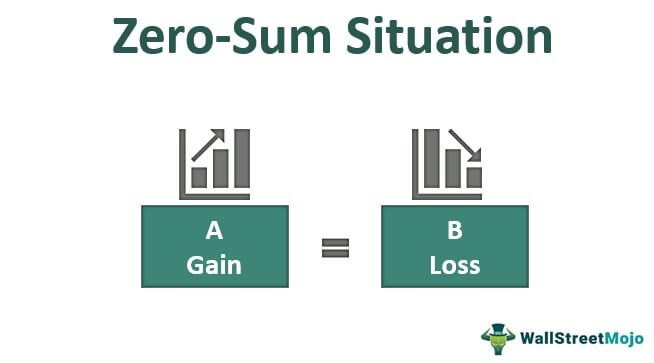Introduction
Social influence is everywhere in our society and whether we want to admit or not, the way information is presented to us has a great influence on how we perceive a person, a product, or the world. The politician who wants our vote, the salesman who wants us to buy their products, social media influencers who want us to like their content and subscribe to them have one thing in common: they are fighting for our attention. In a recent study about how strategic disinformation outperforms honesty in competition for social influence, it is clear that social influence is best understood as a competition. Every election has at least two candidates. Every time a salesman sells a product, his colleagues lose a customer. The time we spend viewing one social media influencer’s content makes the other influencers lose attention. In game theory’s term, we can conclude that influencing is a zero-sum game. Instead of thinking about how to influence people, the more important question is how to be more influential than others.
Game Theory Model
A laboratory model of social influence in the form of a game is designed to be played by three players: one client and two advisers. The client has to buy one of two lottery tickets but has no information about which is better and the advisers with private access to such information are competing for being hired by the client. This is a zero-sum game. The success of one adviser is the other’s failure.

We can use game theory to find an optimal strategy for the adviser and the analysis shows that if you are an adviser and you are already hired, you can be vague and stay close to the truth. If you are ignored, be loud, exaggerate and, if necessary, just lie to stand out.
Method of Experiment
Seven experiments were conducted with more than 800 participants playing the role of the client. The results showed that strategic distortion of the truth outperformed honest advising in winning over and retaining individual clients in up to 80% of the time. In each round, the advisers are able to successfully sway groups of clients when they lie strategically.
Conclusion
The research suggests the reason why being strategically dishonest is so effective is because of people’s willingness to jump to conclusions in hindsight. If we see one adviser predicts a bad outcome before it happened, we tend to think that they must have access to additional information that others don’t and often, this is simply not true and just pure luck. However, a strategic adviser takes advantage of this willingness to dishonestly advise against the available evidence to stand out from the crowd while an honest adviser is ignored.
Resources
- Bahador Bahrami Group Leader and Senior Scientist. (2022, October 6). Why we still fall for influencers, salesmen and politicians who lie. The Conversation. Retrieved November 18, 2022, from https://theconversation.com/why-we-still-fall-for-influencers-salesmen-and-politicians-who-lie-173542
- Team, W. E. (2021, June 16). Zero-Sum Game. WallStreetMojo. https://www.wallstreetmojo.com/zero-sum-game/